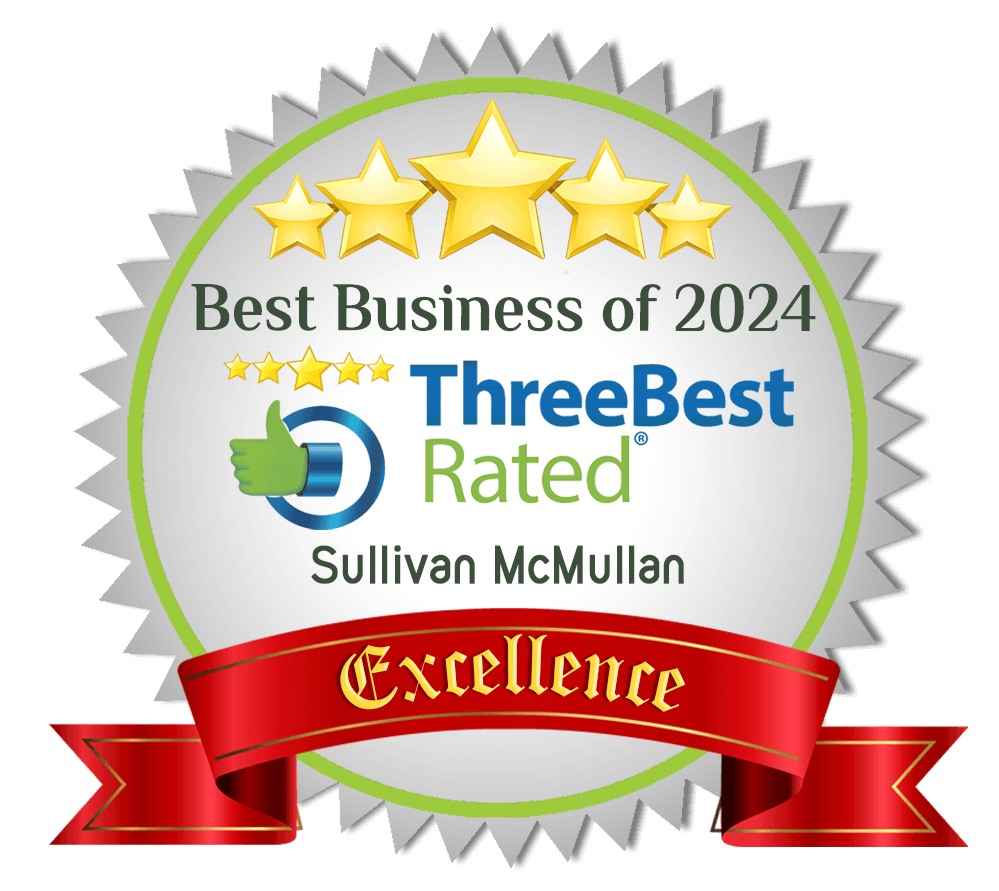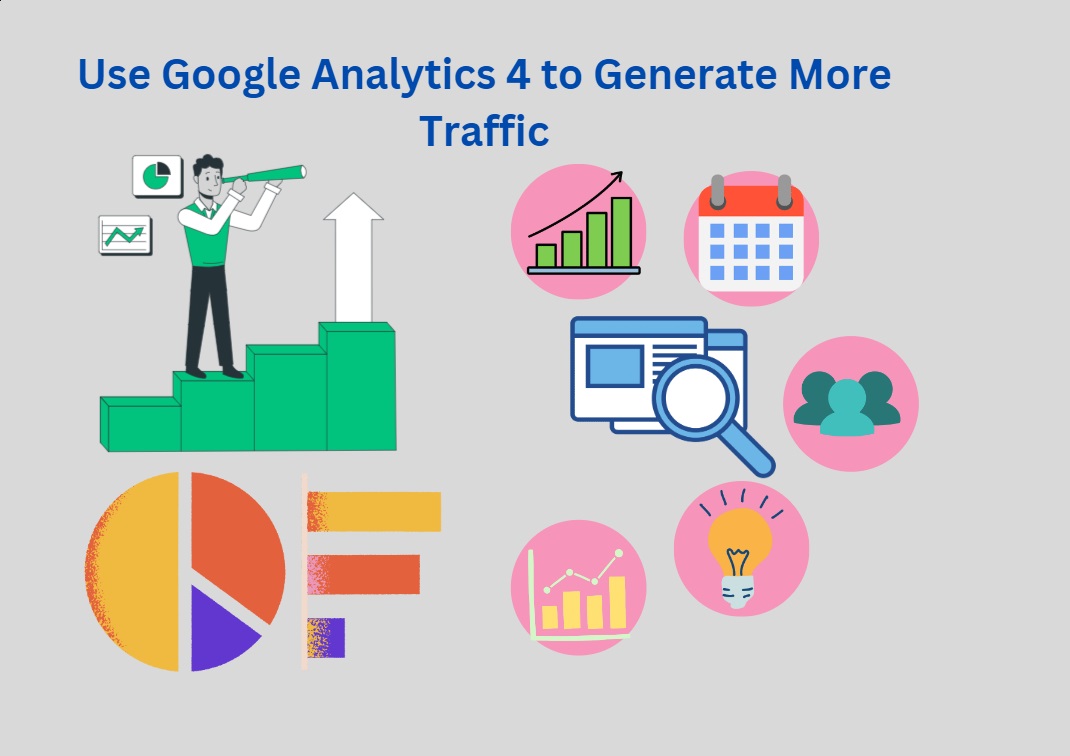7 Steps New Real Estate Investors Should Think About – The Basics To Getting Started
The average failure rate for a new real estate investor is 95%. But don’t let it discourage you. The reason most of them fail is because they have not educated themselves or researched the following questions. If you put in the time and keep reading, you will be on your way to becoming the successful 5% that actually carve out a successful career in real estate.
The first question anyone starting out needs to ask themselves is…why? Why did you pick real estate as a career? If the answer is simply to make money, then you may want to consider a different life path. Real estate is about building relationships and helping other people solve their problems. Making money is simply an added benefit that real estate provides. Remember the 95%? They also fail because they chose money and profits as their number one purpose for starting a real estate career. Now, assuming you have set the correct goal to help others first and foremost, now the rest of the questions will start to fall into place.
# 1). What is your ultimate goal in real estate? Do you want to be a landlord, (otherwise known as a buy and hold investor), or, do you want to flip properties? Perhaps you want to wholesale? Or, maybe you just want to work on getting leads for investors and collecting a small fee, otherwise known as a “bird dog”. Whatever your goal is, you need to determine it early enough so you can build your business around your goal. Many new investors don’t reach this conclusion and end up getting sidetracked by the endless career opportunities real estate offers. A wise decision is to simply start small by picking one specific niche, and then work on becoming an expert in that niche. Once you have experience and are comfortable, then branch out to other niches. But don’t do it right away or you risk becoming overwhelmed.
#2). When starting a new business, it is highly recommended create a legal business entity, such as an LLC, Corporation, etc. I’m not an attorney, and cannot offer legal advice, but I suggest you protect yourself and consult an attorney before starting a new real estate business. Protect yourself from the perils of the unknown.
#3). Do you know the prices that homes are selling for in your local area? If not, then educate yourself on the pulse of your area along with what the market will bear. Then study common real estate terms such as ARV, ROI, etc. You will be speaking in these terms often, so it’s best to educate yourself. Also, join a local real estate investor club and ask if someone is willing to mentor you. If you are able to make friends with an experienced investor or arrange for a mentorship, it will be the most important career decision you ever make.
When you have a real estate mentor, think of it as being similar to an internship at a company. You’ll learn with hands on training and it will open up incredible possibilities as you gain needed experience.
#4). Do you have a website? In today’s competitive market, you’ll need one. Whether you design it yourself or hire a professional, you’ll need a website. What’s the number one reason for this? It’s to build credibility. Without a credible website, where do you expect to get your property leads from? Assuming you have set up a website and tested it, do you think you’re finished? No, actually, things are just getting started!
#5). Next, you’ll need to market yourself. This includes everything from branded business shirts, to business cards, to other forms of advertising. As a new investor, pass out business cards at local real estate investor group meetups. Engage your peers. Tell them your goals. Perhaps you can team up with them and start a marketing campaign. Years ago I took a basic course on marketing. It was the last thing I wanted to do at the time, but it pays dividends on a daily basis for my business. Why? Because I understand basic marketing concepts that wouldn’t have otherwise made sense.
This helps me to promote my business more effectively and in ways I probably wouldn’t have otherwise known about. Any new investor should study marketing and read as many books about it as possible. Invest in yourself.

#6). You get your first lead through your new website. Congratulations! But what comes next? No matter what purpose you want the property for, you will need to have a contract for the seller and you to sign. Referring back to Step # 2, you’ll want to consult an attorney to have a legal contract drawn up. You can write down the basics that you want included in the contract and the legal team will take that into consideration and should be able to handle it from there. Do not overlook this important step. The last thing you want is a possible lawsuit being filed against you because you did not have it reviewed by an attorney.
This is important because you will need to know about the state laws for your particular state. By consulting a legal team, you can ease your mind that you’ve done everything in your power to have a legally binding contract created that is in accordance with your state laws. This will protect you.
#7). Before you sign a contract with the seller, ask yourself if you have reviewed the property according to your specific goal. Do you want to buy it as a rental or do you want to flip the property? Hopefully, the offer you made matches the goal you have set for yourself. If it doesn’t then you could be in trouble. For example, if you are buying a property to rent out and become a landlord, you will likely come up with a different offer than if you are buying the property to just to flip or wholesale. Consult your mentor. Ask them what they think is a fair offer based on your goals. Are you both in agreement that you should sign a contract? If unsure, sometimes the best deals are the ones never made.
You need to ask yourself if you have an exit strategy. The term “exit strategy” is your plan to use the property towards your goal once you purchase it. If you buy the property and things don’t go as planned, it’s good to have a back up plan. For example, if you are flipping the property and you cannot find a buyer, are you able to rent the property out and turn a profit? By thinking ahead it, will save you money, time, and probably a lot of stress.
If you are a new investor with questions and need help or if you are an experienced investor looking to increase your brand and get more leads, visit https://huntingforhomes.com for more information. Hunting For Homes was created to train novice real estate investors, wholesalers and flippers. It walks them through deals, teaches them the basics, the processes, and we literally hold their hand through transactions. We even work with seasoned wholesalers and investors by helping them land more deals.
About The Author
Ryan David is a real estate investor, wholesaler and landlord with many years of experience. He operates a business called Hunting For Homes that teaches real estate investors, wholesalers, and flippers how to successfully close transactions.











